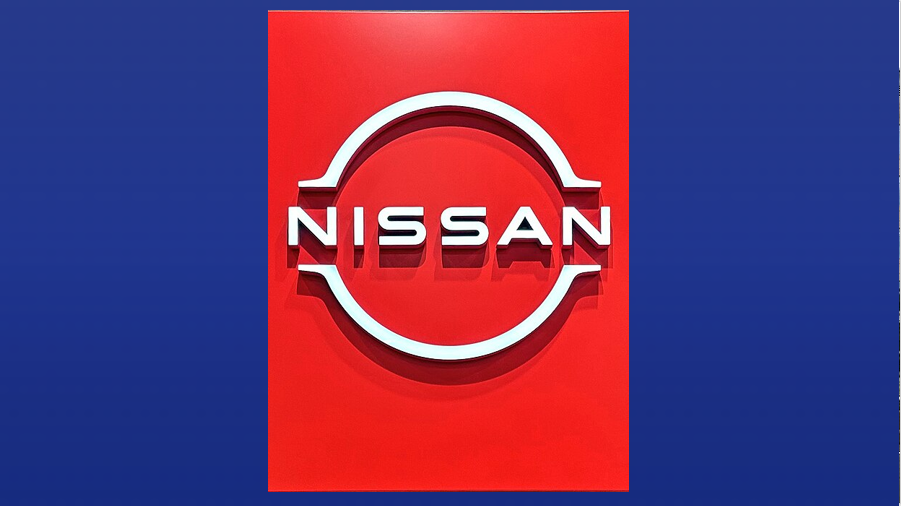Japanese automaker Nissan has confirmed its decision to join a carbon emissions pooling agreement with Chinese electric vehicle (EV) manufacturer BYD, in a strategic move to meet the European Union’s fleet-wide CO₂ targets for the 2025 calendar year. The partnership allows Nissan to offset its higher emissions from internal combustion engine vehicles by leveraging BYD’s lower-emission EV portfolio, thereby avoiding substantial EU regulatory fines.
The agreement marks a departure from Nissan’s previous emissions pool with alliance partners Renault and Mitsubishi, which expired earlier this year. According to EU filings released on October 17, 2025, the new arrangement applies specifically to passenger vehicles sold within EU markets and is designed to help Nissan comply with the bloc’s increasingly stringent environmental standards.
Under the EU’s fleet emissions framework, automakers are permitted to form “pools” to average out their carbon output. This mechanism has become critical for legacy manufacturers still transitioning from petrol and diesel models to full electrification. Analysts estimate that failure to meet the 2025 targets could expose companies to fines exceeding £13 billion across the industry electrive.com esgpost.com.
Nissan’s bestselling battery electric vehicle (BEV) in Europe, the Ariya, has recorded modest sales—about 11,500 units through August 2025—insufficient on its own to meet compliance thresholds. By partnering with BYD, which has a robust EV lineup and growing European presence, Nissan gains access to a cleaner fleet average without immediate overhauls to its production strategy Automotive News.
The European Commission has somewhat relaxed its enforcement for the 2025–2027 period, allowing manufacturers to meet targets based on three-year averages rather than annual performance. This gives Nissan and other automakers flexibility to ramp up EV output over time while still remaining within regulatory bounds electrive.com.
The move also reflects a broader trend of cross-border collaboration between traditional automakers and EV specialists, as the industry adapts to climate mandates and shifting consumer demand.
Nissan Symbol by Tokumeigakarinoaoshima
Sources: electrive.com Electrive; esgpost.com ESG Post; Automotive News Automotive News

